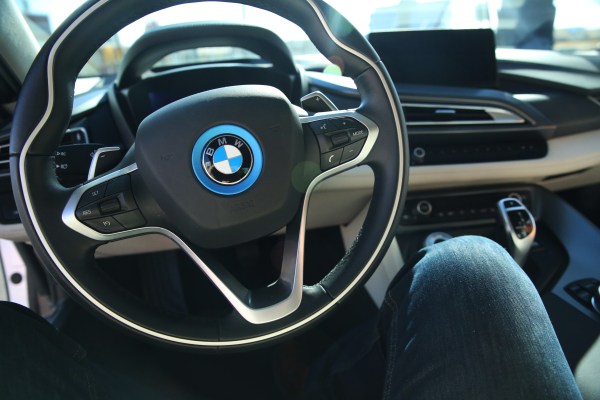It’s been an up-and-down week for Baidu and its autonomous-driving car vision. On the plus side, the Chinese tech firm yesterday announced that it had begun testing self-driving vehicles in Wuzhen. But, on the negative, its partnership with BMW has reportedly fallen through according to comments from executives.
BMW’s China CEO Olaf Kastner reportedly told Reuters that the alliance is over because “the development pace and the ideas of the two companies are a little different.”
Wang Jing, who leads the autonomous vehicles project at Baidu, added that his company is now “open for any partners, [and] actually I’m talking to many.”
Baidu declined to comment. BMW did not immediately respond to a request for comment; we’ll update this post if it does.
Baidu had been using a fleet of modified 3-series vehicles from BMW, with tests expanding to the U.S. earlier this year. However, its tests in Wuzhen are with vehicles supplied by Chinese automakers BYD, Chery and BAIC. In August, Baidu received permission to conduct similar tests in California.
Baidu is aiming to get its first production vehicles on the road using its technology by 2018, with a broader, mass production rollout targeted for 2021.
Tests aside, Baidu has invested considerable resources into the artificial intelligence and tech that powers its self-driving cars. It partnered with chip-maker NVIDIA to develop a “top-to-bottom” platform for autonomous vehicles. Elsewhere, the search giant was part of a $150 million investment in California-based LiDAR-maker Velodyne — alongside Ford — to help make its sensor components more affordable for mass market production.
BMW, meanwhile, is reportedly aiming to launch a fully self-driving vehicle in 2025. The German automaker has reportedly accelerated its electric vehicle plans following changes at the executive level, including a new CFO, and the merger of its marketing and sales divisions for Mini and BMW into a single organization.
